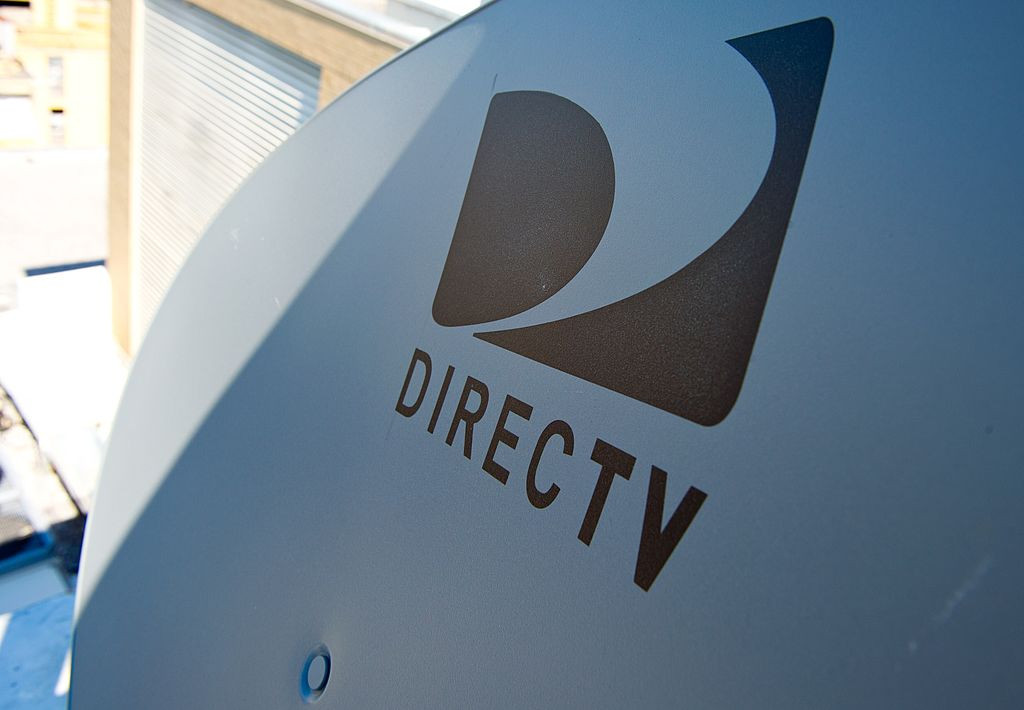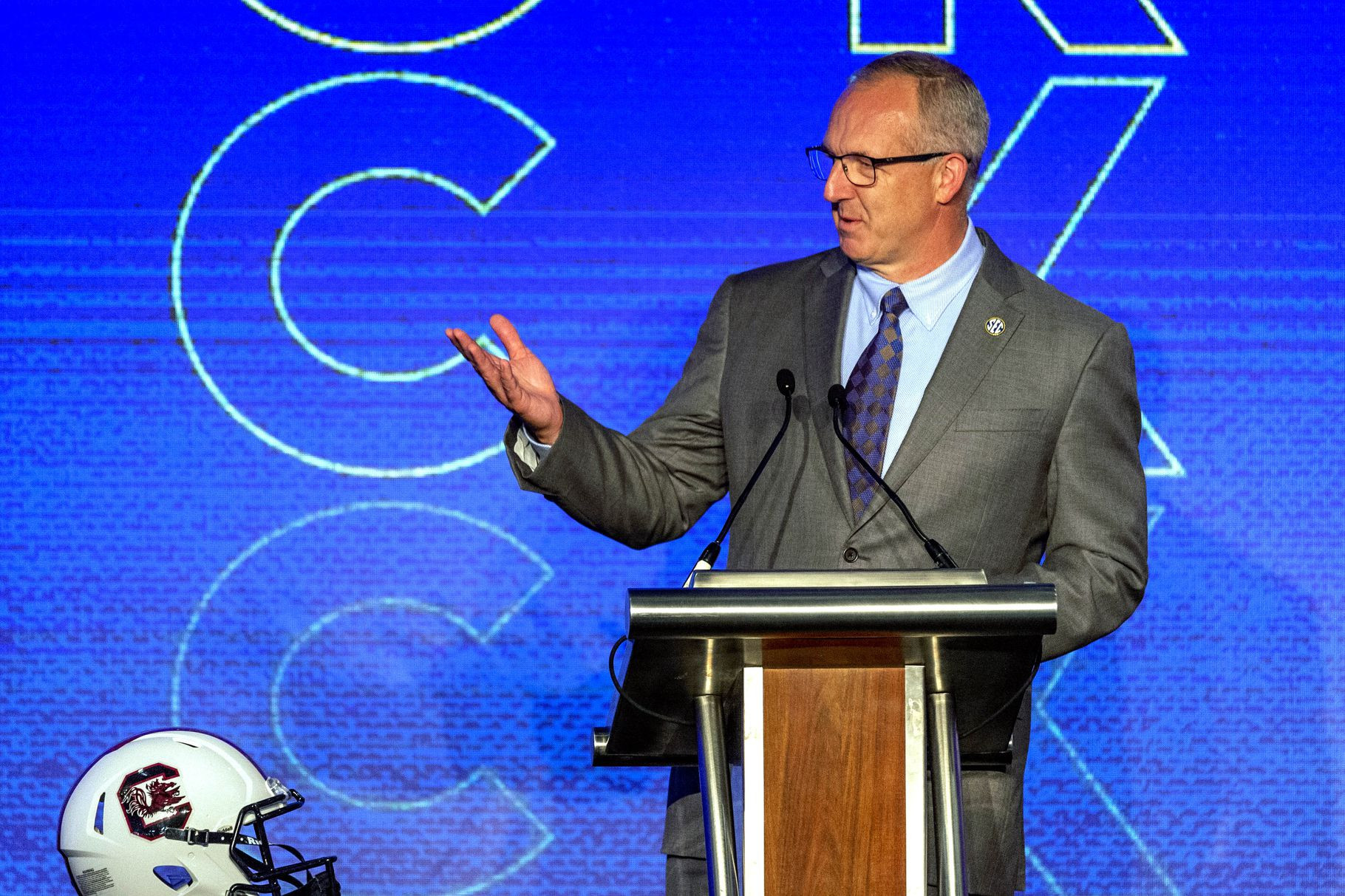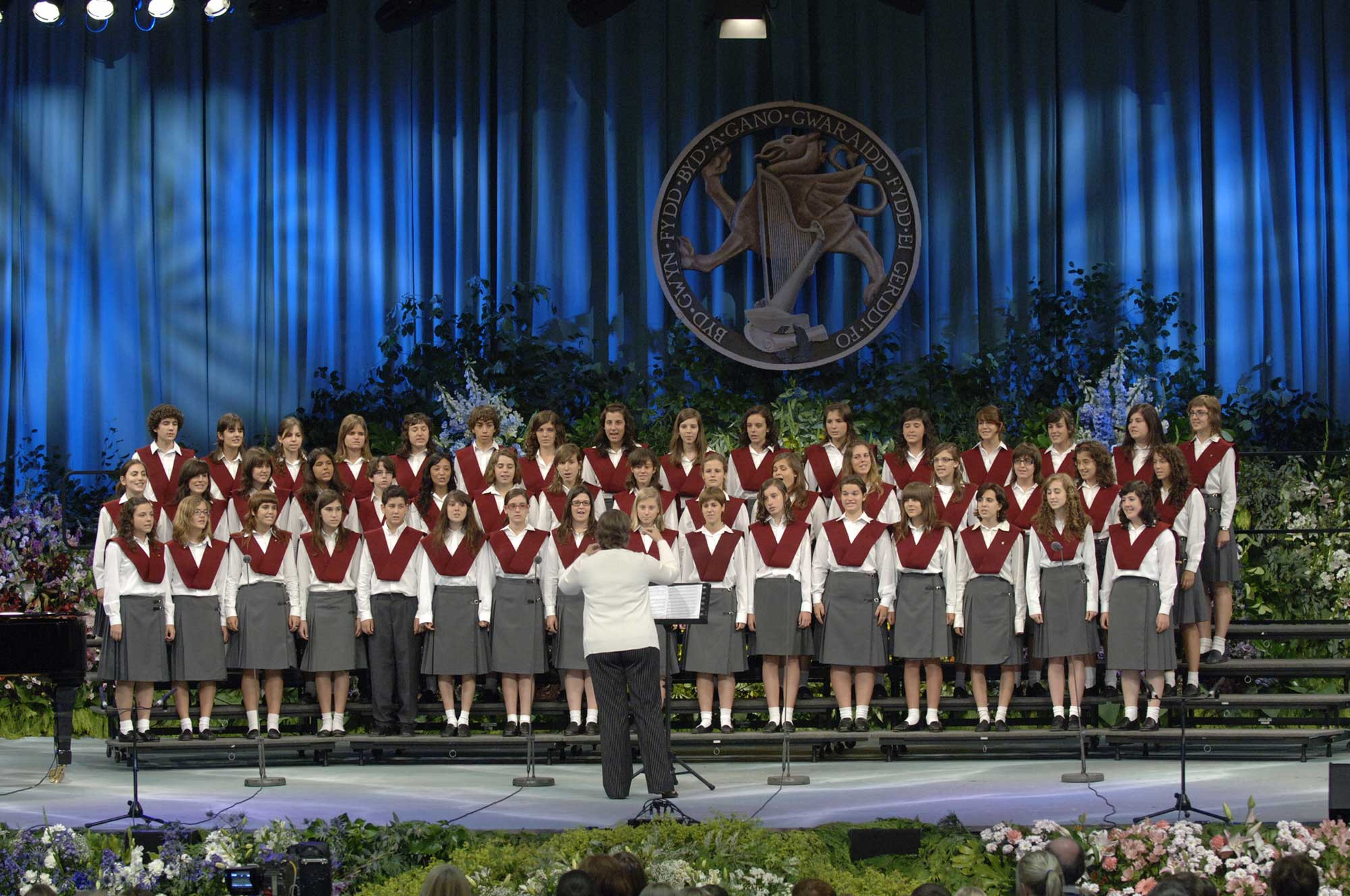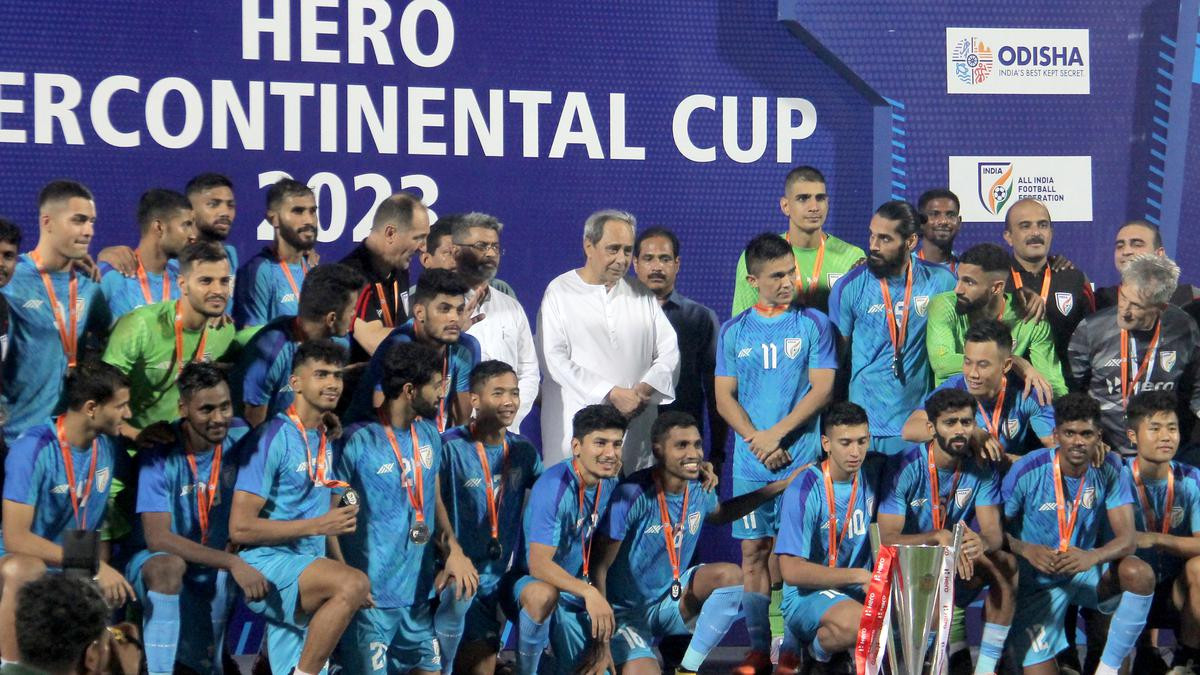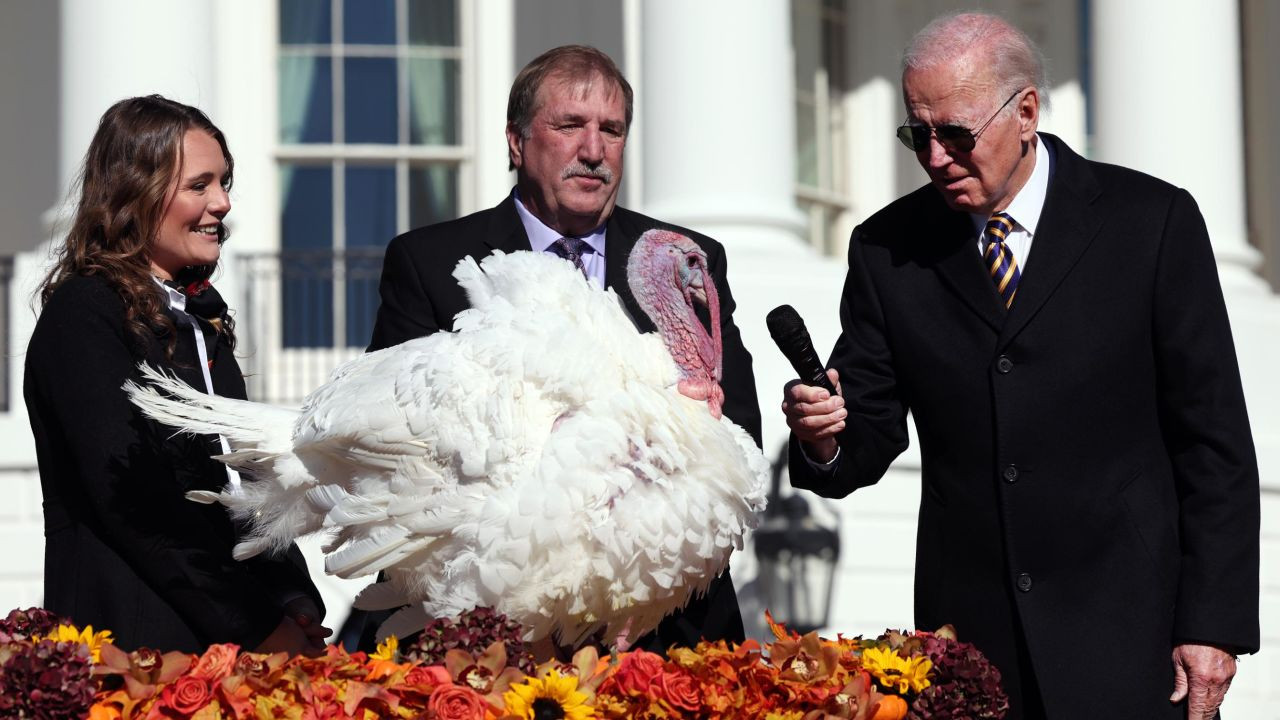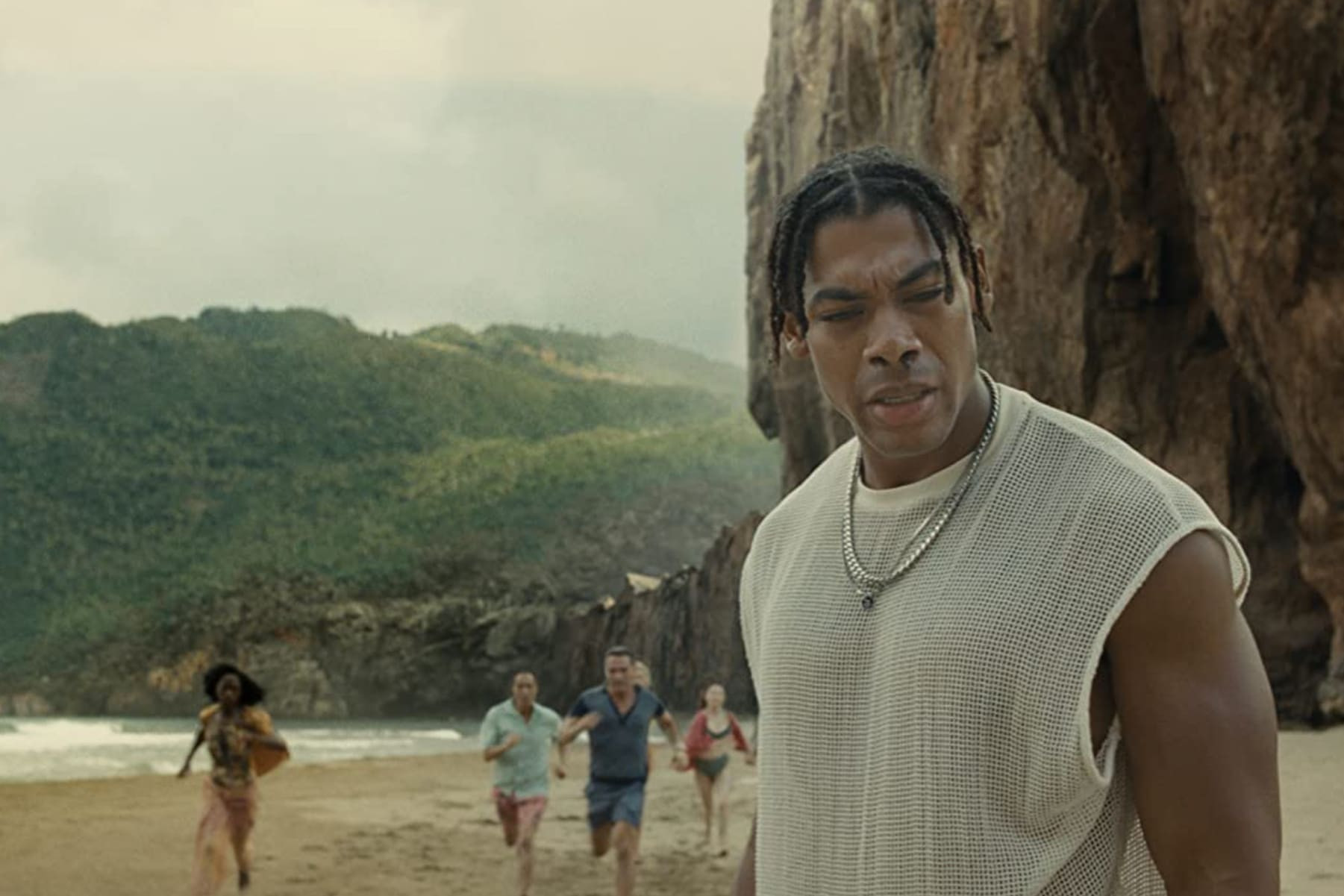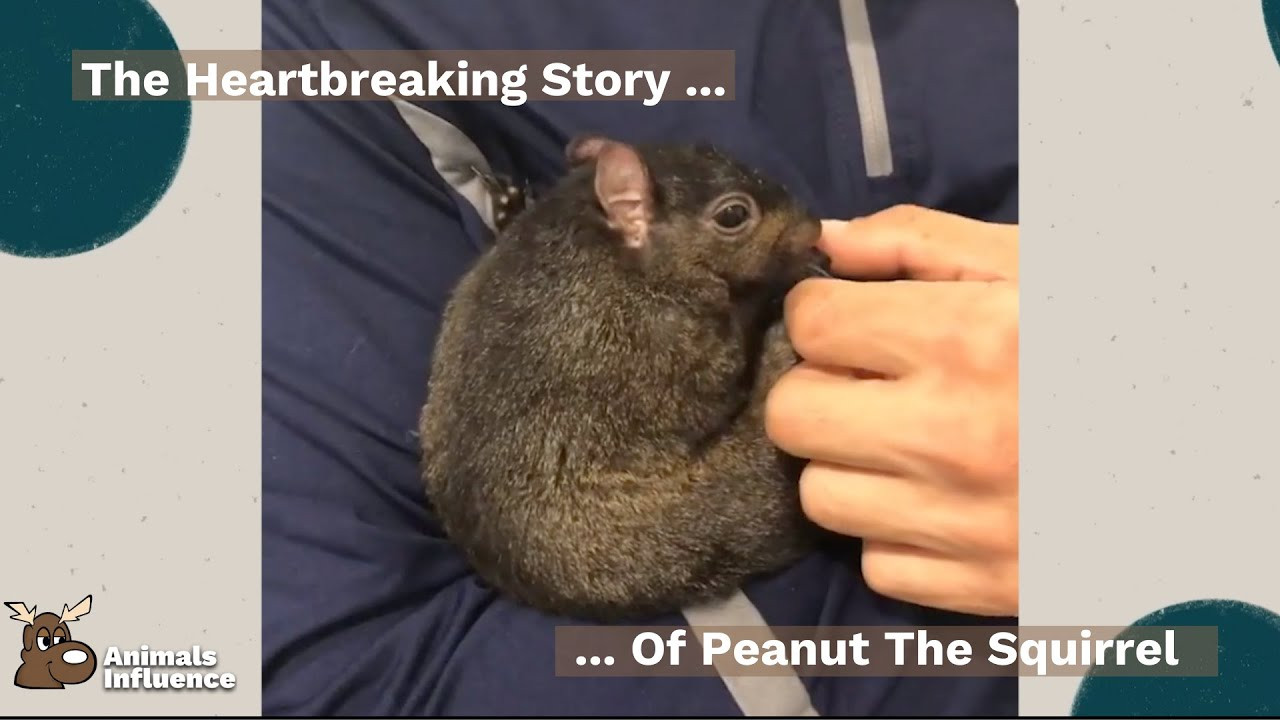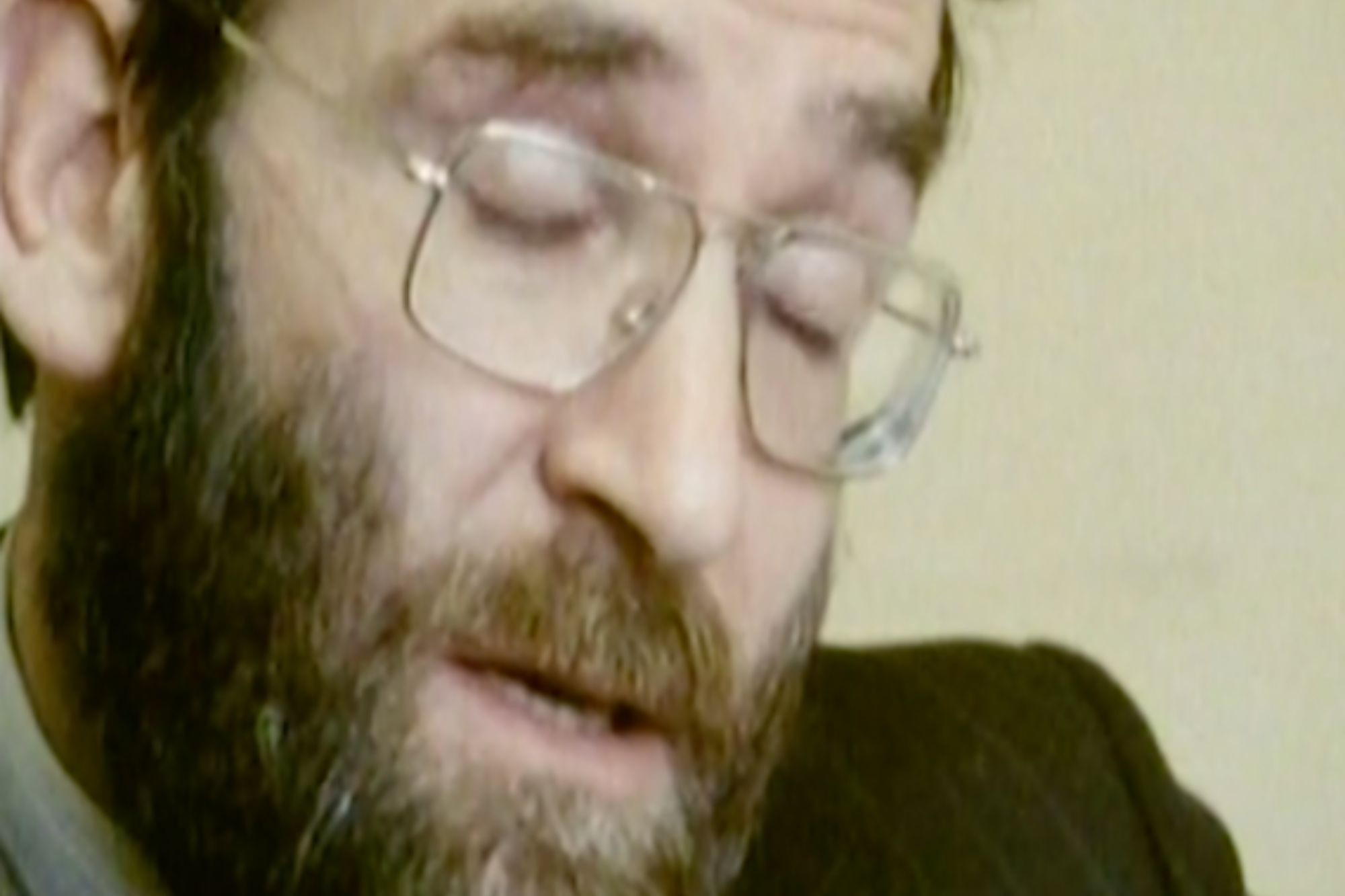Disney on Sunday pulled ABC stations, ESPN and other cable networks from DirecTV’s lineup as the two companies failed to reach a new distribution deal, leaving millions of sports fans in the dark as the college football and NFL seasons get underway.
The expiration of the carriage agreement between the two companies led to Disney-owned networks going dark for more than 11 million satellite subscribers ahead of Sunday night’s kickoff between the USC Trojans and LSU Tigers, midway through the US Open tennis tournament and days before the NFL season opener.
“The Walt Disney Co. is once again refusing any accountability to consumers, distribution partners, and now the American judicial system,” Rob Thun, chief content officer at DirecTV, said in a statement. “Disney is in the business of creating alternate realities, but this is the real world where we believe you earn your way and must answer for your own actions. They want to continue to chase maximum profits and dominant control at the expense of consumers - making it harder for them to select the shows and sports they want at a reasonable price.”
While the standoff knocked ESPN and Disney-owned ABC affiliates off the platform, it also forced other networks to go dark, including FX, National Geographic and Freeform.
“DirecTV chose to deny millions of subscribers access to our content just as we head into the final week of the US Open and gear up for college football and the opening of the NFL season,” Disney Entertainment chiefs Dana Walden, Alan Bergman and ESPN Chairman Jimmy Pitaro said in a statement. “While we’re open to offering DirecTV flexibility and terms which we’ve extended to other distributors, we will not enter into an agreement that undervalues our portfolio of television channels and programs. We urge DirecTV to do what’s in the best interest of their customers and finalize a deal that would immediately restore our programming.”
As negotiations between the two parties stretched on, Disney offered DirecTV a sports-centric package that included ESPN networks and ABC sports broadcasts, as well as a selection of Disney’s linear channels paired with some of the entertainment giant’s direct-to-consumer services, a person familiar with the matter told CNN.
The failure to reach a deal comes as satellite and cable providers seek skinner and more flexible bundles from programmers that could allow for more affordable options for consumers seeking a smaller selection of channels.
“Consumers have grown increasingly frustrated with their experience as [direct to consumer] services have created significant fragmentation at higher cumulative costs,” Thune said in an open letter ahead of the negotiations’ collapse. “Unfortunately, while [direct to consumer] offerings have evolved, pay TV packages have remained largely unchanged. Instead of allowing distributors like DirecTV to also develop smaller, more tailored packages at prices that reflect the value they get from the content, programmers have continued to impose and enforce strict bundling requirements through exorbitant minimum penetration rates – the minimum proportion of a distributor’s subscribers required to access a channel.”
Negotiations between the two companies come as media giants look to muscle up their streaming arms, with Disney, Warner Bros. Discovery (CNN’s parent company), Paramount and others increasingly airing premium shows on their own digital services, forgoing traditional cable and satellite distribution and its tens of millions of subscribers.
Last year, Disney renewed a distribution deal with Charter, avoiding a blackout of “Monday Night Football” as the parties discussed ditching larger bundles. While the showdown briefly resulted in Disney-owned channels being pulled from Charter’s Spectrum service over Labor Day weekend, Disney ultimately agreed to a deal that offered Charter subscribers access to its Disney+ streaming service.
The Fight for the Future of Television
The current dispute between DirecTV and Disney highlights the changing landscape of the television industry. Traditional cable and satellite providers are facing increasing pressure from streaming services, which are offering consumers more choice and flexibility at a lower cost. As a result, these providers are seeking to renegotiate their contracts with programmers like Disney, demanding more flexibility and lower rates.
This shift towards streaming has been particularly challenging for ESPN, which has long been the most expensive basic cable channel. The network’s high cost is due in part to its lucrative sports rights contracts, which include long-term deals with the NFL and NBA. However, these contracts are also contributing to the decline of traditional pay-TV, as consumers are increasingly cutting the cord in favor of streaming services that offer a wider variety of content at a lower price.
The Impact on Consumers
The current blackout is a major inconvenience for DirecTV subscribers, who are now unable to watch a variety of popular channels, including ESPN, ABC, FX, National Geographic, and Freeform. This includes a number of high-profile sports events, such as the US Open tennis tournament and the opening of the NFL season.
While some consumers may be able to find alternative ways to watch these channels, such as through streaming services or over-the-air antennas, the blackout is a reminder of the power that programmers like Disney have over consumers. This is not the first time that Disney has pulled its channels from a major provider in order to secure a more favorable deal. In 2023, Disney channels went dark for two weeks for Charter Spectrum subscribers in a dispute that was ultimately resolved with a deal that made Disney+ and ESPN+ available to Spectrum subscribers at no extra cost. However, Disney also agreed to cut loose some of its cable channels from the provider’s lineup.
The Future of Pay-TV
The outcome of the current dispute between DirecTV and Disney could have significant implications for the future of pay-TV. If DirecTV is successful in renegotiating its contract with Disney and securing more flexible terms, it could set a precedent for other providers to follow. This could lead to a shift in the power dynamic between programmers and distributors, giving providers more leverage in negotiations and potentially leading to lower prices for consumers. However, it is also possible that Disney will stand firm and refuse to budge on its demands. In that case, the blackout could drag on for weeks, months, or even longer. The situation could also lead to a more fragmented television landscape, with providers offering a wider variety of à la carte packages that cater to specific interests and budgets.
A Look Back at Past Disputes
The current carriage dispute between DirecTV and Disney is not the first of its kind. In 2023, Disney channels went dark for two weeks for Charter Spectrum subscribers in a high-stakes dispute that Charter framed as being about the future of pay TV. Ultimately, the two sides cut a deal that made Disney+ and ESPN+ available to Charter Spectrum subscribers at no extra cost but also saw Disney agree to cut loose some of its cable channels from the provider’s lineup.
The 2023 dispute between Disney and Charter was notable for its duration and the high stakes involved. The two companies are among the largest in their respective industries, and the blackout had a significant impact on both their bottom lines. The dispute also highlighted the growing tension between traditional cable and satellite providers and streaming services, as both sides seek to attract and retain subscribers in a rapidly changing market.
What's Next?
The outcome of the current dispute between DirecTV and Disney remains uncertain. However, one thing is clear: the future of television is being reshaped by the rise of streaming services. As consumers continue to cut the cord and embrace streaming, traditional pay-TV providers will face increasing pressure to adapt. This means that we can expect to see more disputes like the one currently unfolding between DirecTV and Disney. These disputes will likely center around issues of pricing, flexibility, and the value of content in a rapidly changing media landscape.
It remains to be seen how these disputes will play out, but it is clear that the television industry is in a state of flux. The days of traditional cable and satellite bundles may be numbered, as consumers demand more choice, flexibility, and affordability. The current dispute between DirecTV and Disney is just the latest example of this trend, and it will be interesting to see how the industry evolves in the years to come.
Conclusion: The Future of Television Is Unclear
The future of television is uncertain. Traditional cable and satellite providers are facing increasing pressure from streaming services, which are offering consumers more choice and flexibility at a lower cost. This is leading to more disputes between programmers and distributors, as each side seeks to maintain its position in a rapidly changing media landscape.
The current dispute between DirecTV and Disney is just the latest example of this trend. The outcome of this dispute could have significant implications for the future of television. If DirecTV is successful in renegotiating its contract with Disney and securing more flexible terms, it could set a precedent for other providers to follow. This could lead to a shift in the power dynamic between programmers and distributors, giving providers more leverage in negotiations and potentially leading to lower prices for consumers. However, it is also possible that Disney will stand firm and refuse to budge on its demands. In that case, the blackout could drag on for weeks, months, or even longer. The situation could also lead to a more fragmented television landscape, with providers offering a wider variety of à la carte packages that cater to specific interests and budgets.
Only time will tell how this dispute will play out, but it is clear that the television industry is in a state of flux. The days of traditional cable and satellite bundles may be numbered, as consumers demand more choice, flexibility, and affordability. The current dispute between DirecTV and Disney is just the latest example of this trend, and it will be interesting to see how the industry evolves in the years to come.




